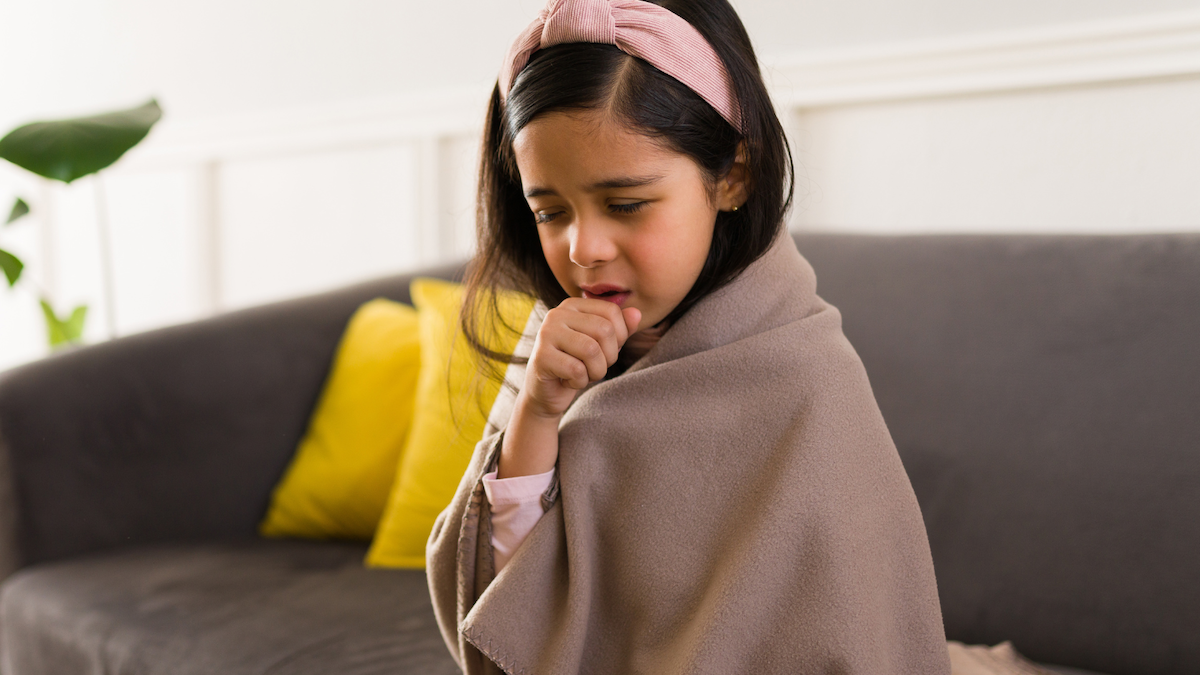Right now, there is an increase in cases of Pertussis occurring across the United States including Arizona. Pertussis, also known as whooping cough, is a highly contagious respiratory illness caused by the bacterium bordetella pertussis. While whooping cough affects people of all ages, it can be particularly dangerous for infants and young children.
So far this year, 563 cases have been reported in Arizona. This is the highest number of cases Arizona has seen since 2015. Although this number is concerning, the Arizona Department of Health Services has important tips on how to best protect yourself from this infection.
“It’s likely that preventative actions used during the pandemic lowered transmission of this disease. The case numbers are now returning to pre-pandemic levels. It is important that we continue to use prevention methods to help mitigate its spread,” ” said Nicole Witt.
Pertussis symptoms often start with mild cold-like symptoms such as a runny nose and cough. It then advances to severe coughing fits that are often accompanied by a “whooping” sound. These coughing fits may last months, tend to be worse at night, and can also lead to vomiting. Babies and young children may experience difficulty breathing, rather than coughing.
Symptoms appear between 4-21 days after exposure to an infected person. Pertussis complications include: pneumonia, seizures, middle ear infection, dehydration, encephalopathy/brain damage, and death.
Pertussis is most common in people who:
- Are not immunized.
- Are inadequately immunized.
- Have waning immunity.
The pertussis vaccine is the most effective means of prevention. The CDC recommends that everyone take the vaccine to protect themselves.
“Children under the age of 7 are administered the DTaP vaccines, which contain full-strength doses of the anti-diphtheria, tetanus, and pertussis vaccines. Older children, adolescents, and adults are given the Tdap vaccine as a booster. Both vaccines protect against pertussis,” said Dr. Joel Terriquez.
Although people of all ages can contract the infection, infants are at highest risk of experiencing serious complications.
For children who are at high risk of contracting whooping cough, the CDC recommends five doses of DTaP at the following ages:
- The first at 2 months of age.
- The second at 4 months of age.
- The third at 6 months of age.
- The fourth at 15-18 months of age.
- The fifth at 4-6 years of age.
Some additional precautions that should be taken:
- Monitor yourself and your children for symptoms regularly.
- Stay home if you are sick and contact your healthcare provider.
- Wash your hands regularly with soap and water.
The most effective way to prevent pertussis is to stay up to date with recommended vaccinations.
You can get most recommended vaccines at your doctor’s office, pharmacy, health center, or local health department. Qualifying children and adults can receive this vaccine at no cost through the Vaccines for Children and Vaccines for Adults programs.










